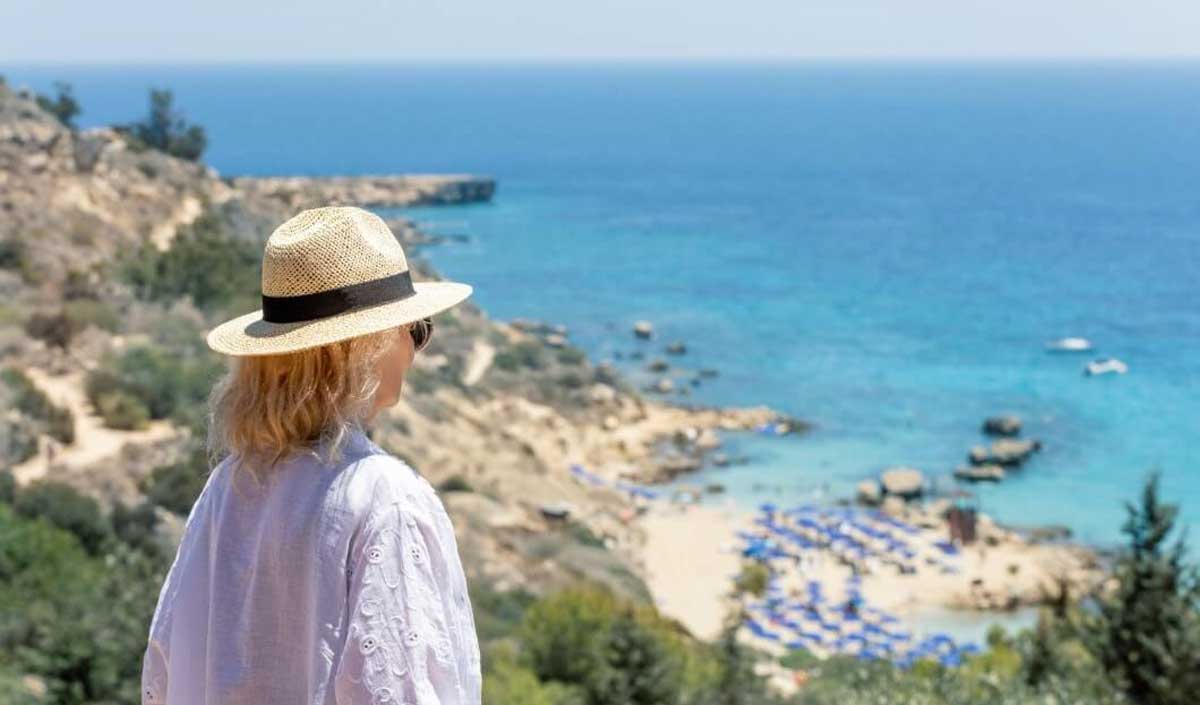Russian tourists are very important guests in Cyprus and Bulgaria. However, now the client base is shrinking due to EU sanctions against Russia. Turkey could take third place – in at least one region, demand is growing.
In Cyprus and Bulgaria, the tourism industry is worried about the 2022 summer season. EU sanctions against Russia are likely to scare off Russian guests almost completely. After the sales slump caused by the pandemic, many companies fear that they will not be able to make ends meet for a long time to come. Turkey could benefit: Ankara opposes sanctions and keeps its airspace open to Russian jets.
The Russian ambassador in Nicosia, Stanislav Osadchiy, bluntly told a Cypriot TV channel shortly after the start of the war: “Where will Cyprus get Russian tourists from? They won’t come!” Nicosia has closed its airspace to Russian aircraft. Cyprus shot himself in the knee, Osadchy said. Instead, Russians go to Turkey and spend their money there.
Previously, Russians made up about 25 percent of vacationers on the island. “Assuming we lose all these guests, it will cost us up to two percent of our gross domestic product,” warns Finance Minister Konstantinos Petridis.
A bad summer season also looms on the horizon for Bulgaria’s Black Sea coast. Hotels there now accommodate military refugees from Ukraine. In addition to Russian and Ukrainian tourists, the 350,000 or so Russian holiday property owners may also be missing out – there is currently no air service between the countries. Since the beginning of the war, there have also been almost no bookings from Western and Central Europe. Probably the country is too close to the theater of war.
It is not yet clear whether Russian tourists will travel to Turkey this year. There are also fears of recession. If the war continues and there are no new developments, only 30 percent of Russians will come,” Mehmet Isler, head of the Etik travel association, told Turkish media. There are already cancellations, he added. In 2021, 4.6 million tourists came from Russia, for they are followed by about 3 million Germans and 2 million Ukrainians, according to the statistical agency.
Real estate agents in Antalya, on the other hand, report significantly more inquiries from Russian and Ukrainian clients. Experts note that the current demand is two and a half times higher than usual at this time of year.

